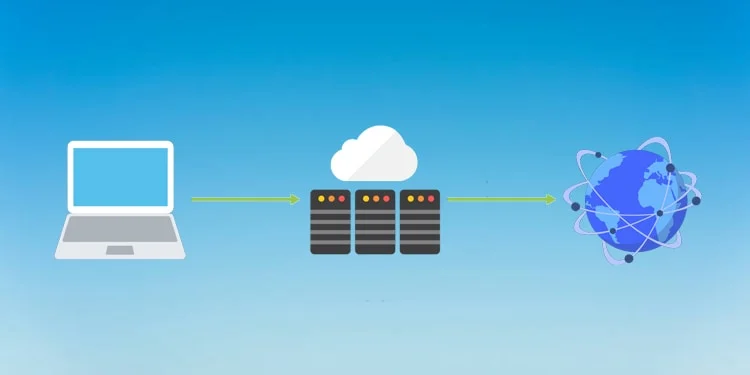In an increasingly interconnected world, public Wi-Fi networks have become a staple for staying connected on the go. Whether you are sipping coffee at a local café, waiting at an airport or staying at a hotel, accessing free public Wi-Fi is convenient and often essential. However, this convenience comes with its own set of risks. Public Wi-Fi networks are notorious for their lack of security, making users vulnerable to cyberattacks, data breaches and privacy invasions. To address these concerns, individuals often turn to proxy servers as a means of enhancing their online security while using public Wi-Fi. Proxy servers act as intermediaries between your device and the websites you visit. When you connect to the internet through a proxy server, your requests are first routed through this server before reaching the destination site. This process provides a layer of anonymity and security. It hides your IP address, which can help prevent hackers from directly targeting your device. This is especially crucial on public Wi-Fi networks where cybercriminals can easily intercept data transmitted between your device and the router.

One of the primary advantages of using a proxy server on public Wi-Fi is the encryption it offers. Many proxy servers support encryption protocols that encode your data, making it significantly harder for malicious actors to decipher your online activities. Even if a hacker manages to intercept your data, the encrypted information will appear as an unintelligible jumble of characters without the decryption key. Moreover, proxy servers often offer customizable settings that allow you to fine-tune your security preferences. You can choose servers located in specific regions, change IP addresses at will and even enable additional security features like ad-blocking and malware filtering. This level of control empowers users to tailor their online experience according to their security needs.
However, while proxy servers offer notable security benefits, it is essential to exercise caution and choose reliable options. Not all proxy servers are created equal and some might even harvest your data or introduce vulnerabilities of their own. Opt for well-known and reputable proxy services that prioritize user privacy and security. In conclusion, navigating the digital landscape, particularly when using public Wi-Fi, demands a proactive approach to security. Proxy servers offer a viable solution by acting as shields that protect your data, privacy and anonymity. Their ability to route your internet traffic through an encrypted tunnel and hide your IP address makes them valuable tools for staying safe on public networks. Nevertheless, informed decision-making is key; opt for trustworthy proxy services and remember that while proxy sale are an effective component of a security strategy, they should be used in conjunction with other cybersecurity practices, such as keeping your devices up to date and using strong, unique passwords.
